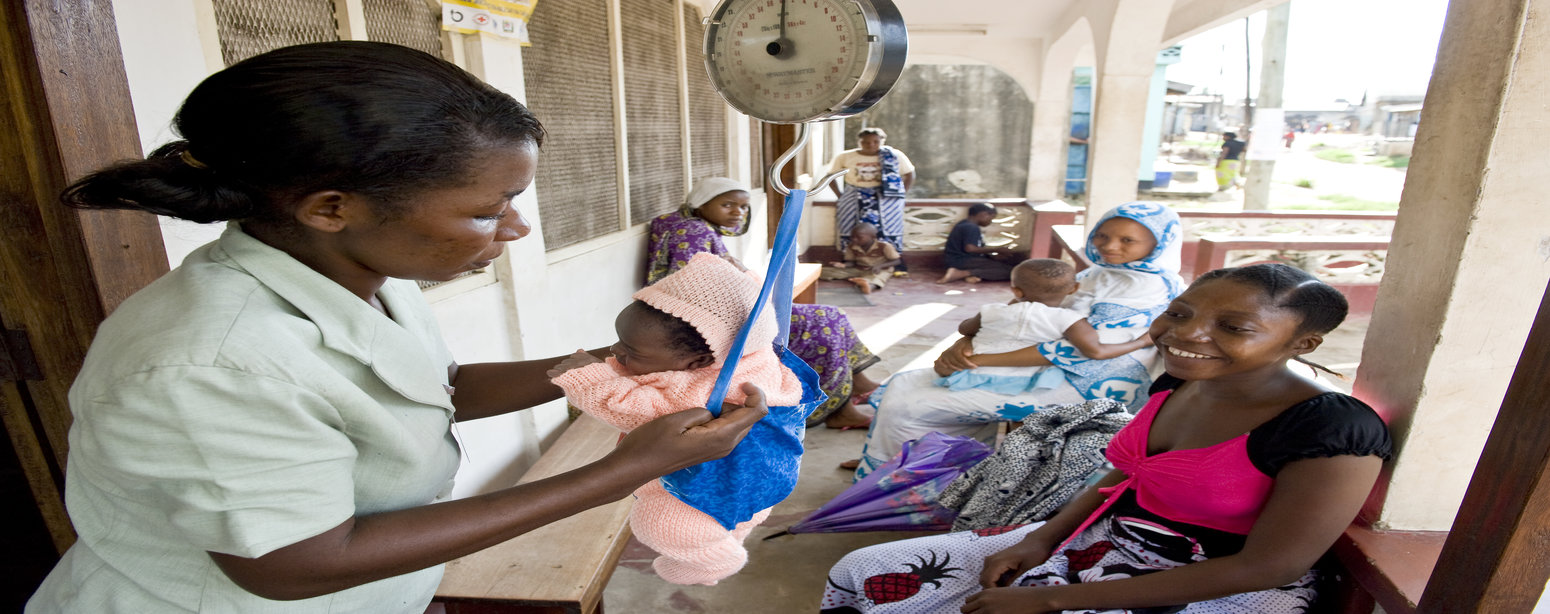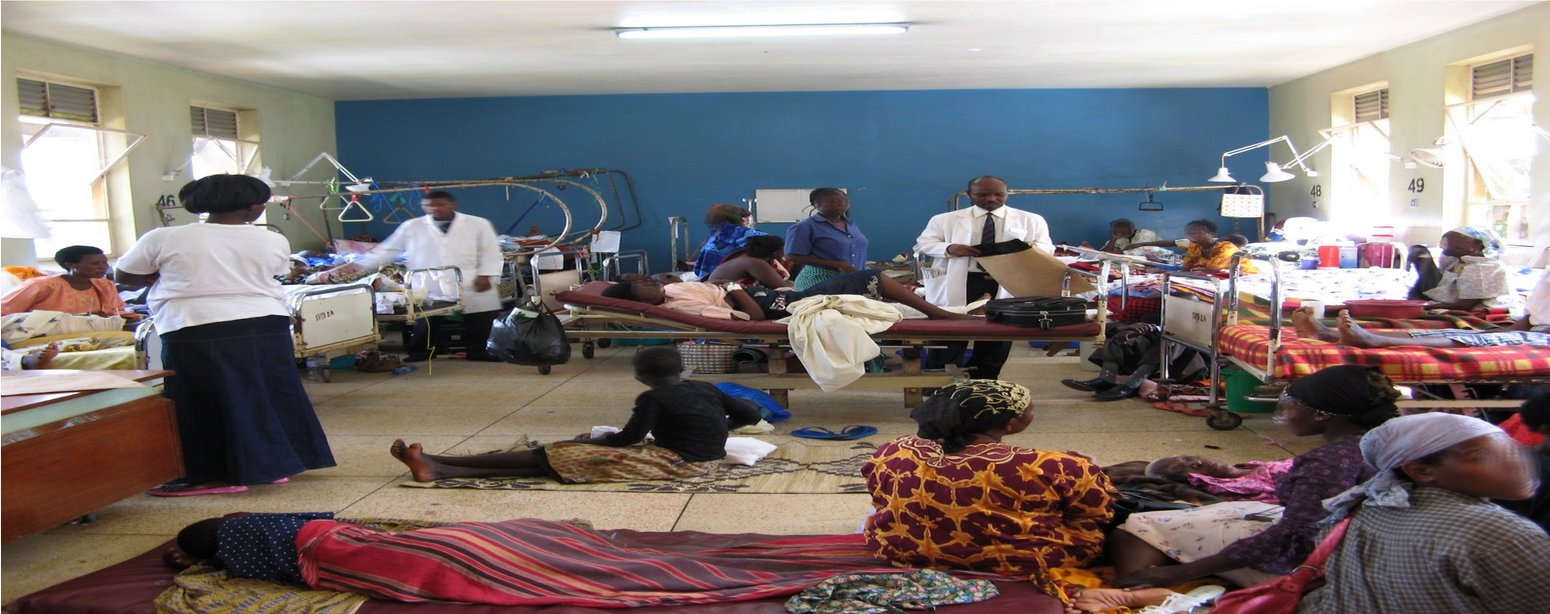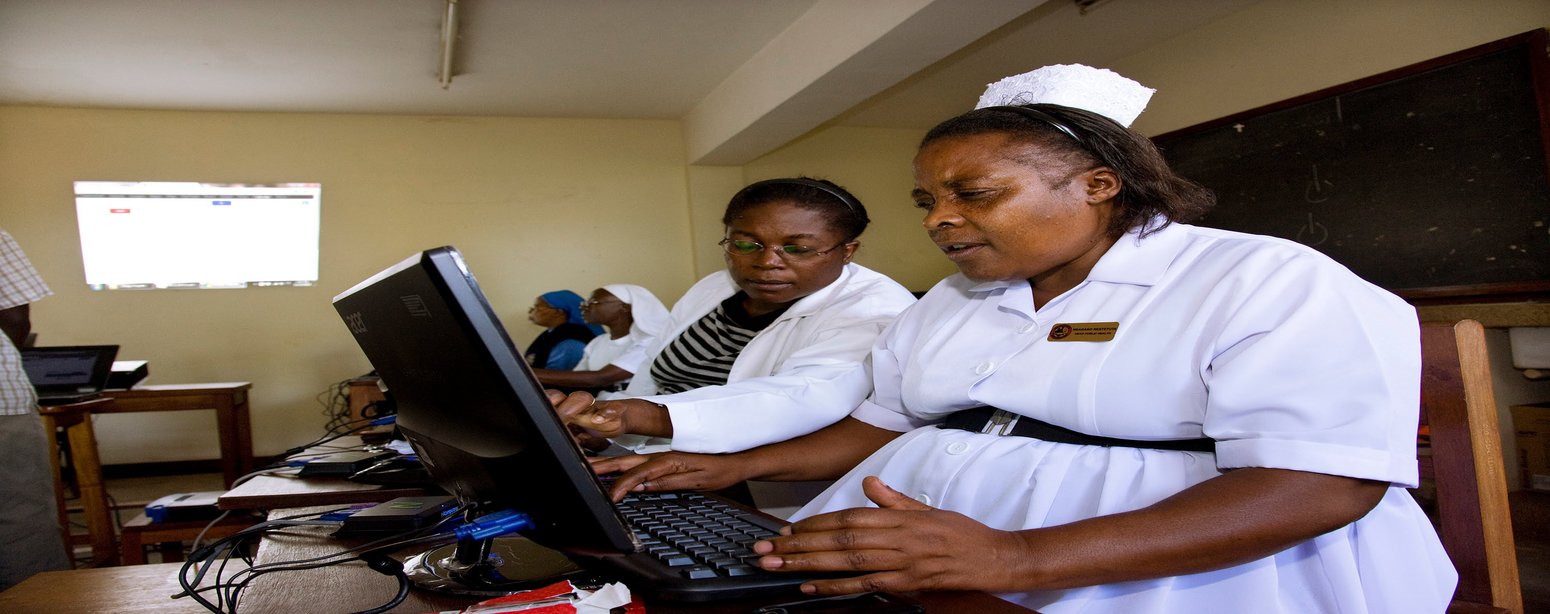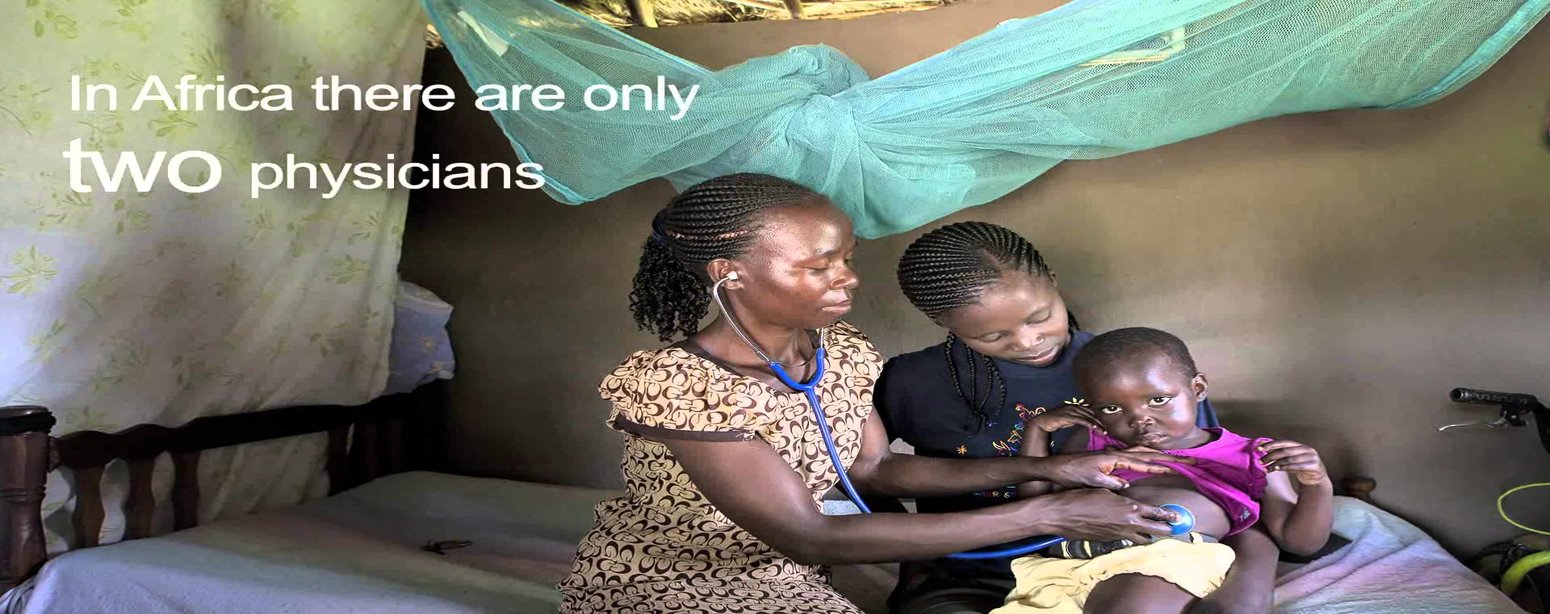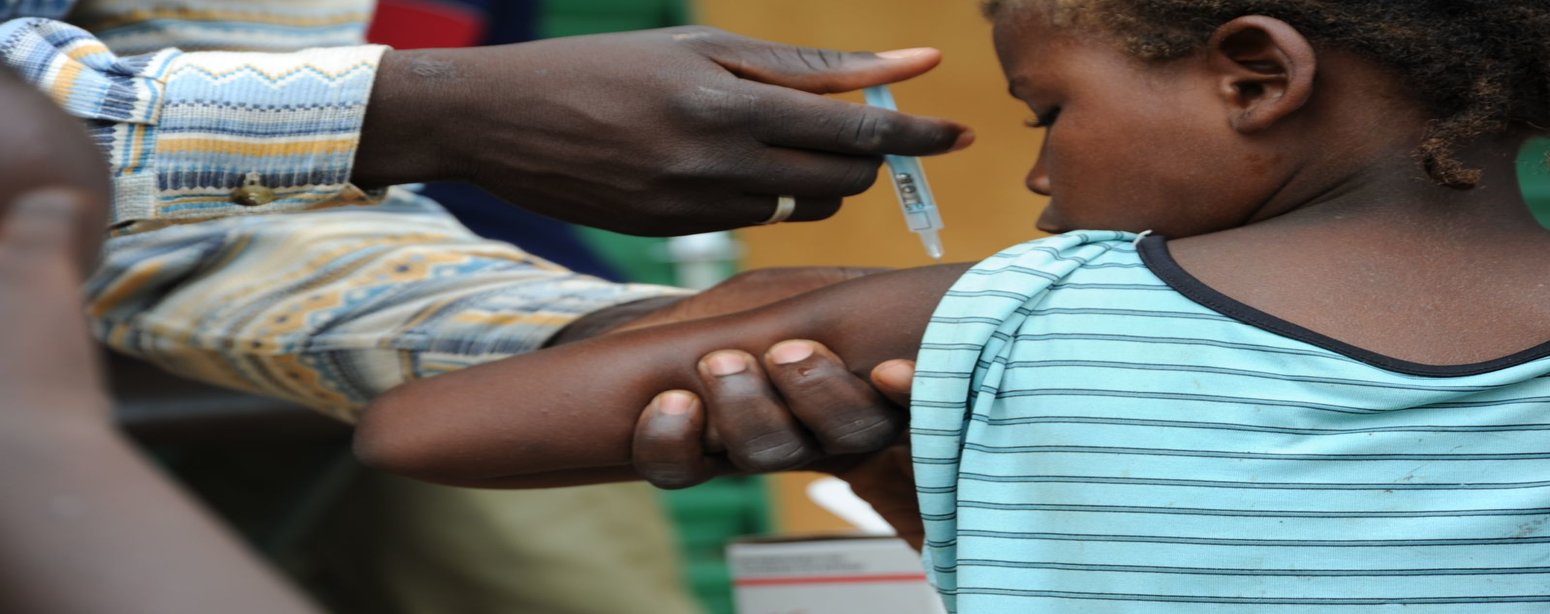Health Issues
Health Issues
Improving health outcomes and quality of life in Africa entails the provision of sustainable health promotion interventions that address the health needs of the population. With over one billion population, Africa is considered the second-most populous continent, with six of the fastest growing economies.
However, Africa is confronted with double burden of both communicable and non-communicable diseases. It continues to bear the heaviest burden of malaria and has high incidence of tuberculosis and HIV infections, despite many years and efforts to address these health problems. Urban population growth and changing behavioral lifestyles have contributed to high prevalence of non-communicable diseases such as diabetes and cardiovascular diseases. Hypertension, one of the major risk factors for cardiovascular diseases is on the rise, and obesity, a known risk factor for many chronic health conditions, is also on the increase. High maternal, child and infant mortalities, and reproductive health issues in general, remain a challenge in most countries in Africa.
Coupled with these serious health problems, the continent is still faced with weak health system: lack of sound health infrastructure, lack of financial leadership, weak leadership delegation, and inadequate health care workforce that pose unique problem with regards to health interventions implementation, maintenance and sustainability.
The Center has a robust research platform that allows for collaborations to promote sustainable health education and health promotion interventions. This involves working in partnership with government and non-governmental organizations at the local, district, and national levels to address critical public health issues such as obesity and its related chronic diseases, maternal and child health, malaria, tuberculosis, HIV/AIDS and STDs, as well as fostering opportunities for health system strengthening. At its core, the Center promotes pragmatic strategies through community-based participatory research, while building capacity for design, implementation, evaluation, maintenance, and sustainability of health promotion programs and services.

